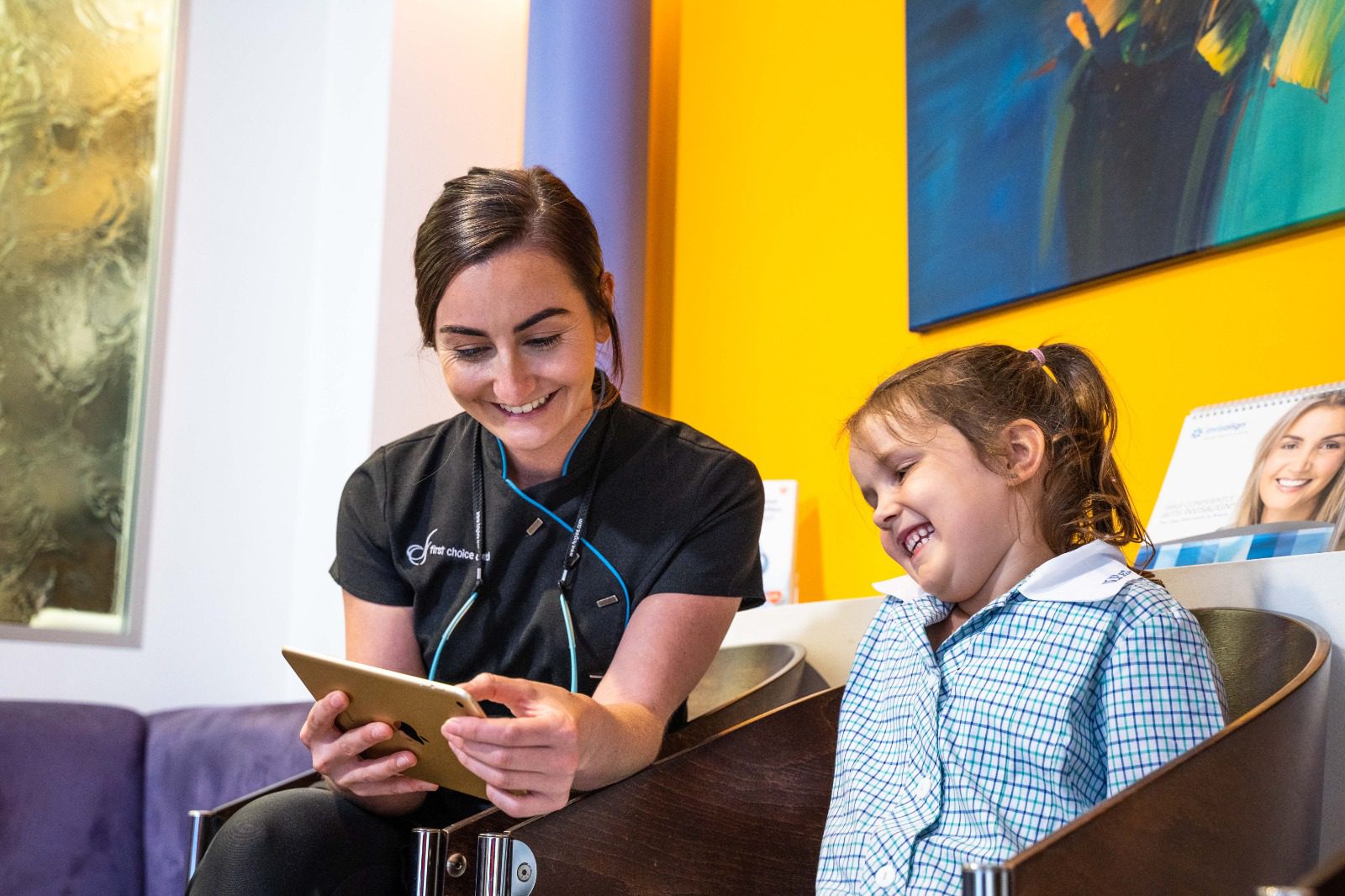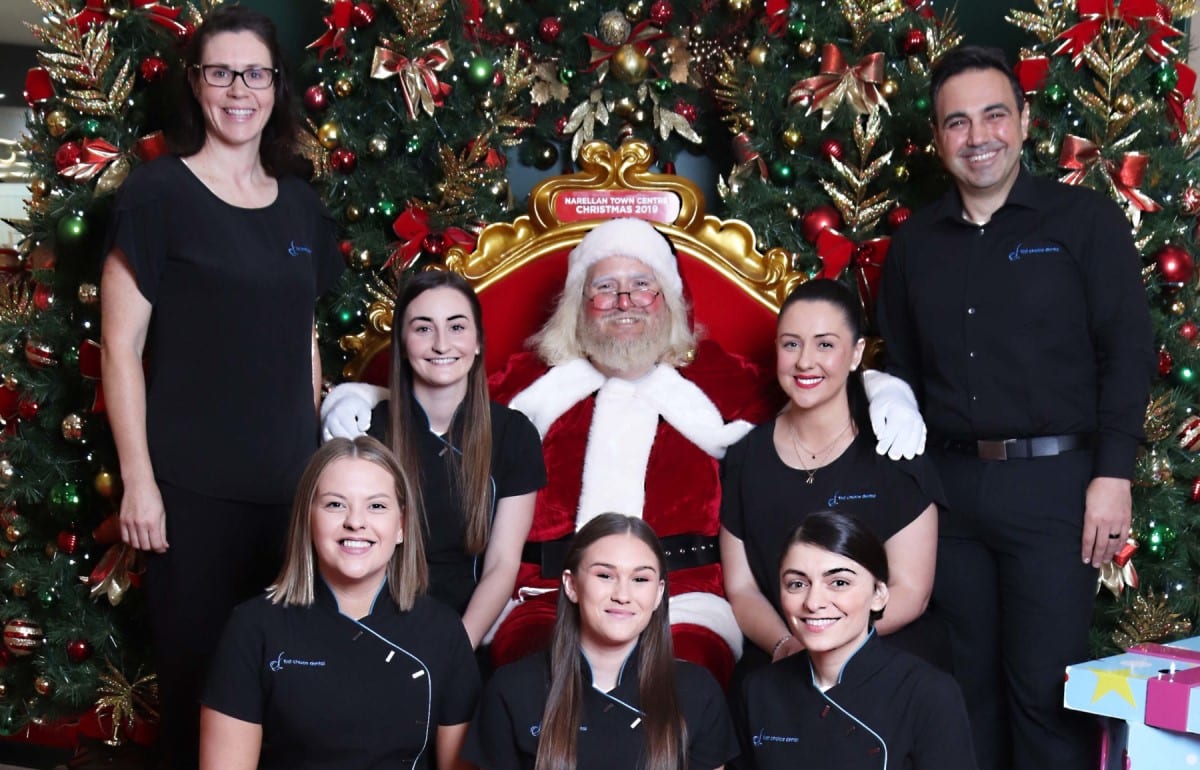Motherhood and Oral Health: How Hormones Affect Your Smile at Every Stage
Hormonal changes play a major role in women’s overall health — and that includes your oral health. From puberty to pregnancy and menopause, different stages of life come with shifting hormone levels that can influence how your teeth and gums feel and function.
As we celebrate Mother’s Day, it’s the perfect time to reflect on your own health and well-being. Understanding how hormones affect oral health can help you take proactive steps to care for your smile throughout motherhood.
Puberty and Oral Health: First Signs of Hormonal Changes
Puberty marks the beginning of hormonal changes in a woman’s life. Increased levels of estrogen and progesterone can make your gums more sensitive to plaque and bacteria, leading to red, swollen, or bleeding gums — an early sign of gum disease.
Tip:
- Brush twice a day and floss daily to remove plaque.
- Schedule regular dental check-ups to keep gum inflammation under control.
Pregnancy and Oral Health: What to Expect
Pregnancy is one of the most dynamic periods of hormonal change. These shifts can make your gums more prone to a condition known as pregnancy gingivitis, where gums become tender, swollen, and bleed easily. Some women may also develop small growths on the gums, often called “pregnancy tumours,” which are harmless and usually go away after birth.
Morning sickness and cravings for sugary snacks can also increase your risk of tooth decay.
Tip:
- Use a soft toothbrush and fluoride toothpaste to reduce gum irritation.
- Rinse with water after vomiting to protect enamel from stomach acid.
- Book a dental visit early in pregnancy — routine care is safe and recommended.
Menopause and Oral Health: Managing Long-Term Changes
Despite its wide-ranging effects, nearly 20% of Australian women are unaware of how menopause could impact their dental health. As estrogen and progesterone levels decline during perimenopause and menopause, several oral health concerns may arise:
- Dry Mouth (Xerostomia): Lower hormone levels reduce saliva production, increasing the risk of cavities and gum disease.
- Menopausal Gingivostomatitis: Hormonal fluctuations may make gums more inflamed, sensitive, and likely to bleed.
- Burning Mouth Syndrome: A burning sensation in the tongue or roof of the mouth, often linked to menopause.
- Altered Taste: Hormonal shifts can affect taste perception, making certain foods taste different or unpleasant.
- Bite Changes and Bone Loss: Decreased bone density may cause changes in bite alignment and increase the risk of tooth mobility or loss.
Tip:
- Stay hydrated and chew sugar-free gum to stimulate saliva.
- Ask your dentist about saliva substitutes if dry mouth persists.
- Include calcium and vitamin D in your diet to support jawbone health.
- If you’re undergoing hormone replacement therapy (HRT), let your dentist know.
Everyday Tips to Support Oral Health at Every Life Stage
Hormonal changes may be part of life, but consistent care can help prevent long-term issues. Here’s what you can do every day to support your smile:
- Brush twice daily with a fluoride toothpaste.
- Floss once a day to remove food particles and plaque.
- Drink water throughout the day to help keep your mouth moist.
- Eat a balanced diet rich in calcium and vitamin D.
- Avoid tobacco products that increase your risk of gum disease.
- Visit your dentist at least every six months.
We’re Here to Support Your Journey
At First Choice Dental, we understand that every stage of motherhood comes with its own set of challenges — and that includes your dental health. Whether you’re navigating the changes of pregnancy or managing symptoms during menopause, our team is here to support you with gentle, personalised care.
This Mother’s Day, take a moment to prioritise your health — starting with your smile.
Book a consultation today and let us help you stay confident, healthy, and informed — every step of the way.
Book an Appointment
by calling us on 02 4647 4570
Our Location
Suite 3, 20 Somerset Ave Narellan NSW 2567
Connect with Us
©2008- First Choice Dental. All right reserved. Narellan Dentist



